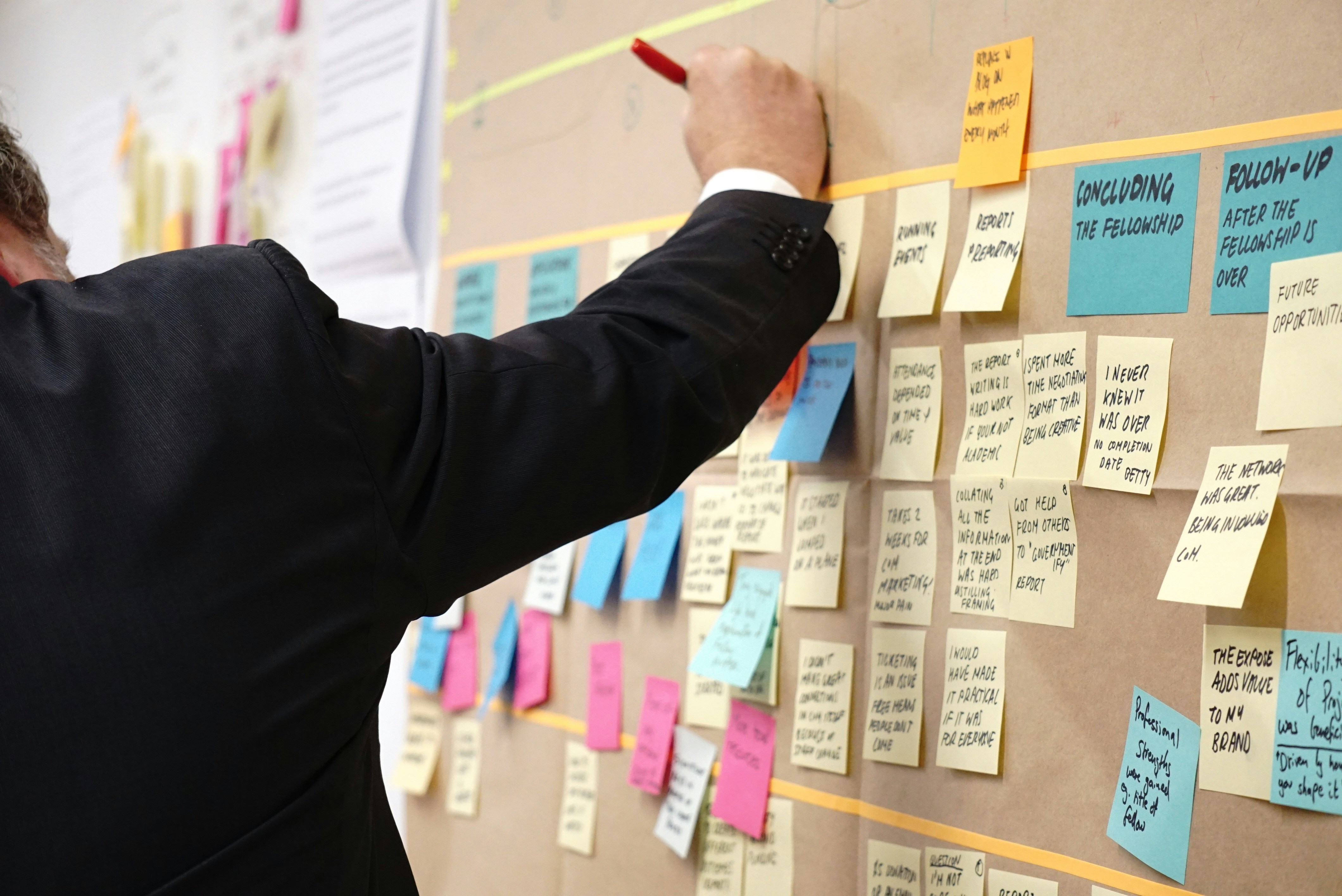Healthcare
Improving Inclusivity in Robotics Design
Improving Inclusivity in Robotics Design: An Exploration of Methods for Upstream Co-Creation
Challenge
There is a significant issue with the current design of assistive technologies for disabled users. These technologies are often developed in isolation, without incorporating the input of the disabled community. As a result, they do not fully consider the lived experiences of disabled individuals, leading to the creation of costly equipment that may not align with users' needs and preferences. This disconnect ultimately results in assistive technologies that are underutilized and do not effectively enhance users' quality of life.
Outcome
To help tackle this issue, we worked closely with Sheffield University researchers to see how Design Thinking could aid in the active involvement of users in the design process of assistive technologies.
Link to article:
https://www.frontiersin.org/articles/10.3389/frobt.2022.731006/full
Skills & Tools
Mural
User research
Design Thinking
Workshop facilitation
Accessible design
Leveraging the principles of Enterprise Design Thinking, I led a series of workshops that aimed to drive innovation and user-centric solutions. The initial workshop involved collaborating with university researchers to conduct a thorough analysis of the current state and envision future possibilities. By immersing themselves in the user's perspective, the researchers were able to pinpoint pain points and gain valuable insights. This set the stage for the subsequent workshop with sponsored users, where the focus was on co-creating solutions to address the identified challenges.
Surveys were sent out to a diverse groups of individuals who have disabilities. These surveys were used to understand their background and what alterations were needed to carry out a Design Thinking Workshop.
We created a persona that encompassed characteristics of each sponsored user so that each participant could relate in some way or another. We carried out a streamlined Current State Workshop where each participant mapped out how our persona might currently struggle with their morning routine.

We also carried out an Envisioning Workshop where the participants began to ideate a future experience that would improve our persona's life. The output of this workshop was a fantastic set of ideas that could not only improve the persona's life but also that of the participants' too. These ideas were tangible outputs that the Robotics Team at Sheffield University can explore and hopefully one day bring to life. This will improve the lives of those who have participated, and also has broader implications for anyone who shares the identified collective frustrations.

Outcome & Learnings - Knowing how to adapt workshops to a diverse group of users. - Allocating extra time. - Text size and layout. - If workshop participants have a disability, be sure to run a survey/interview to understand what alterations need to made to the workshop. - The participants were able to complete the workshop successfully. However, patience and adaptability were key in the success of the workshop. - It could have been even better if we had more time allowance to give participants more time to fully grasp each activity.

